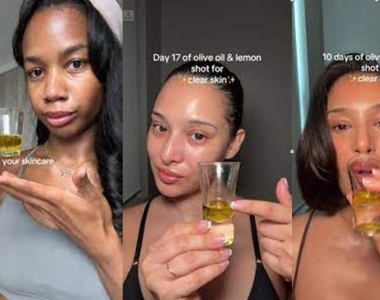
Controversial research into the mitochondrial donation procedure has proved successful in the UK, preventing a newborn baby from inheriting defective genes.
Through in vitro fertilization, a baby was born created from the DNA of three separate people. Such a procedure took place for the first time in 2016 in Mexico, and following its success in the United Kingdom, hopes have been raised that scientists will be able to treat the passing of damaged genes carried in the mother's mitochondria.
The baby was born from one genetic father and two genetic mothers. Researchers at the Newcastle Fertility Center were given permission to trial the controversial procedure in 2017.
How does mitochondrial donation treatment work? Mitochondrial DNA is passed down from the mother and makes up 0.1% of a child's inherited genetics. If doctors detect abnormalities in the mother's biological mitochondria, MDT is a possible solution.
MDT takes the DNA from the parents' embryo (so essential genes like hair and eye color will match the parents) and inserts it into the donor's fertilized egg with healthy mitochondria.
The baby has the vast majority of DNA from the mother and father, about 99.8%. But there is also a small amount of genetic material from the donor - estimated to be around 37 genes in total.
In a healthy embryo, the main role of mitochondria is to provide energy for cells to form organs. So if the mitochondria are damaged or mutated, the brain, heart, liver and other vital organs can have problems while the child grows.
Mitochondrial diseases affect one in 4,300 births worldwide.
- It affects 1 in 10 women: Bebe Rexha confesses that she has PCOS syndrome
- This man is the biological father of 550+ children: Scandal shakes the Netherlands
- WHO: 17.5% of people will experience infertility! Risk factors for men and women
- Many women in Europe are turning to Danish sperm to get pregnant. That is why





